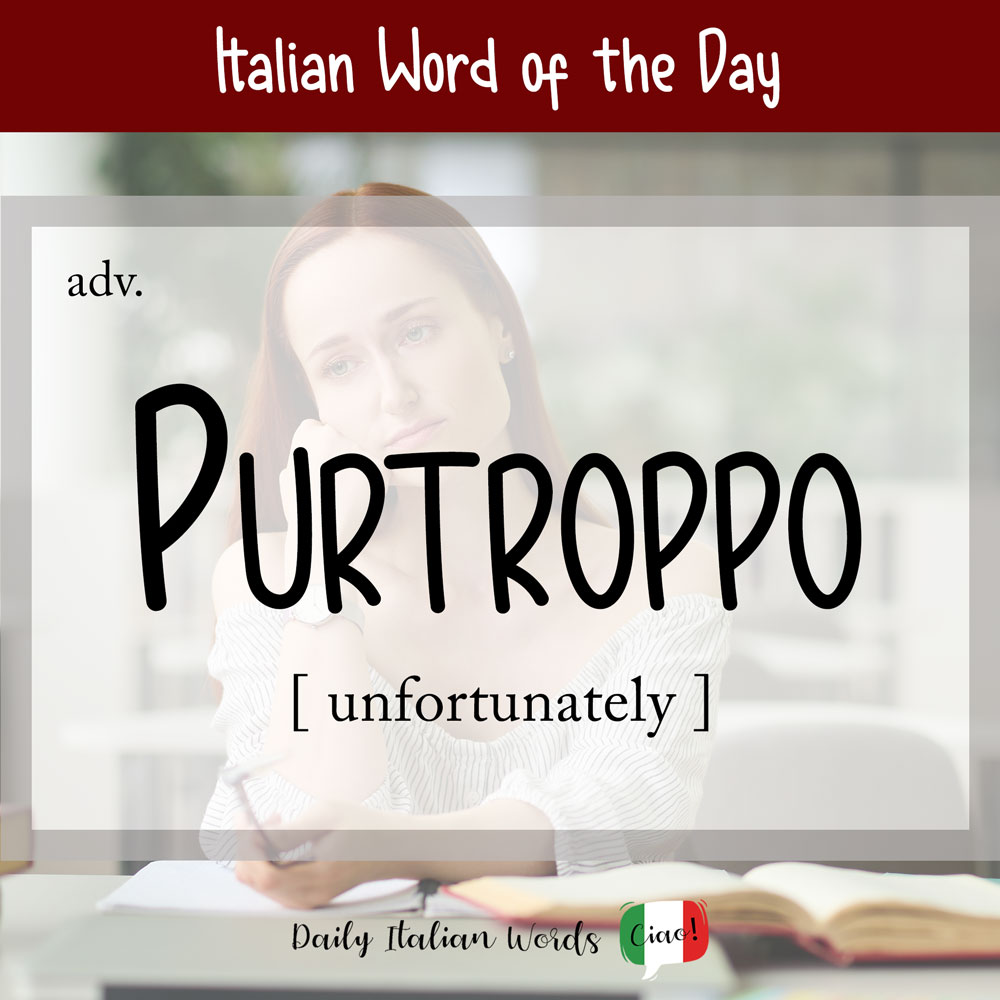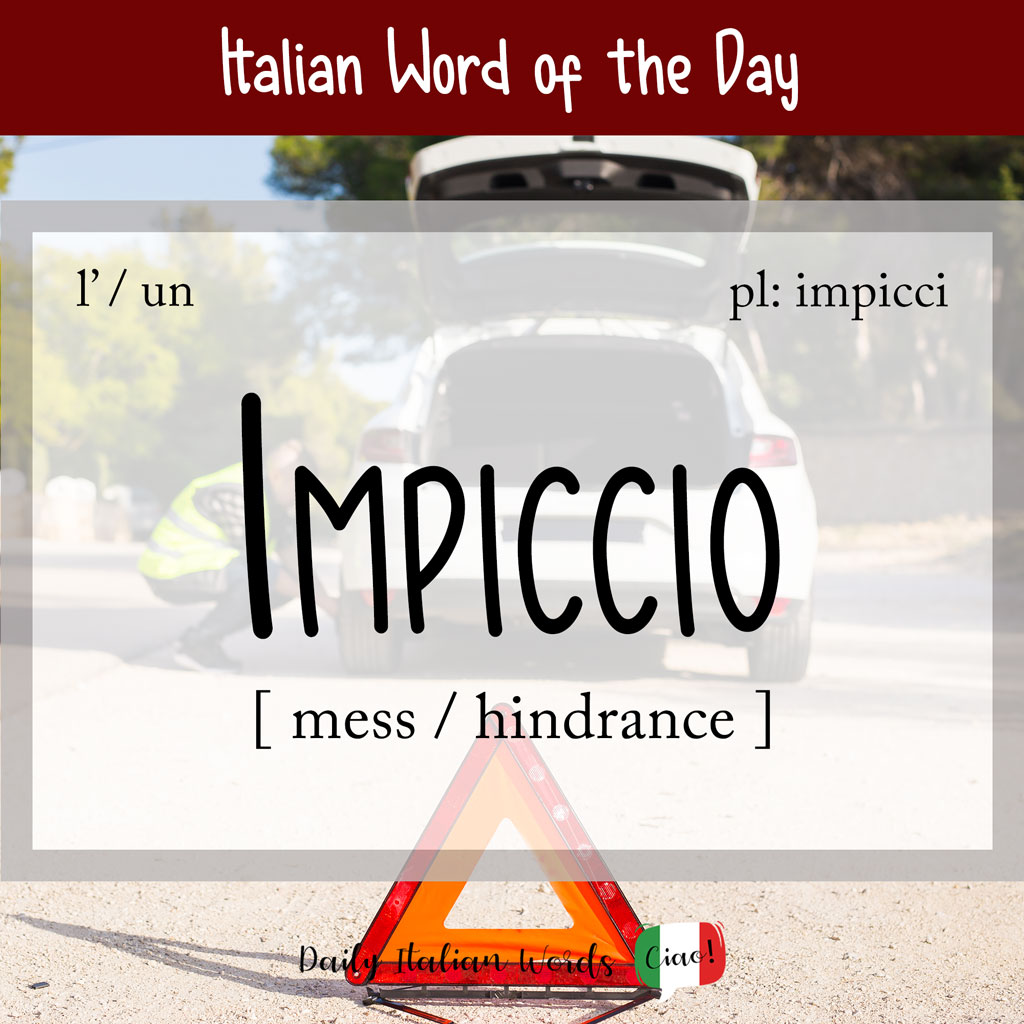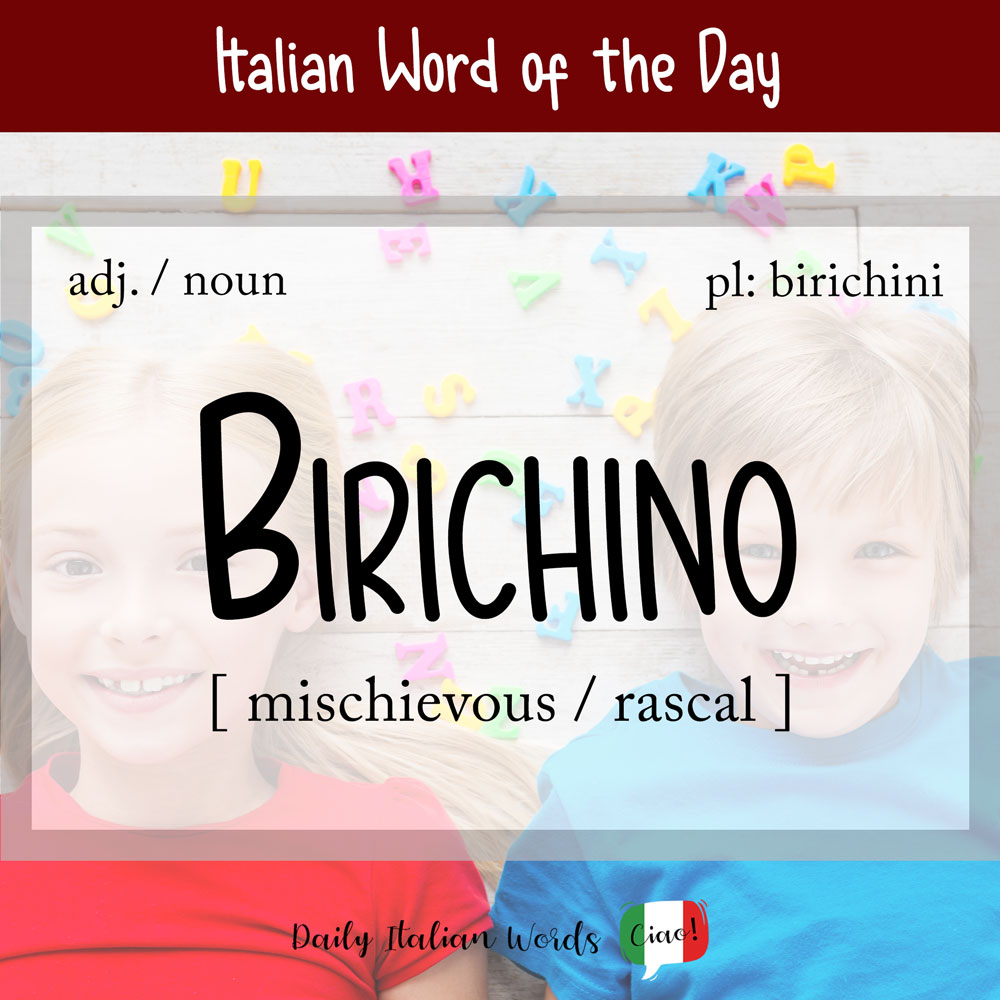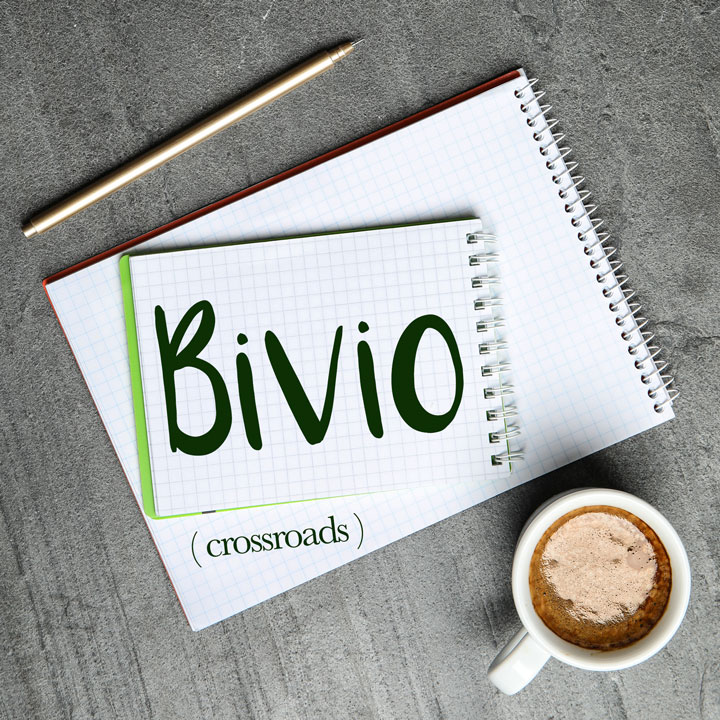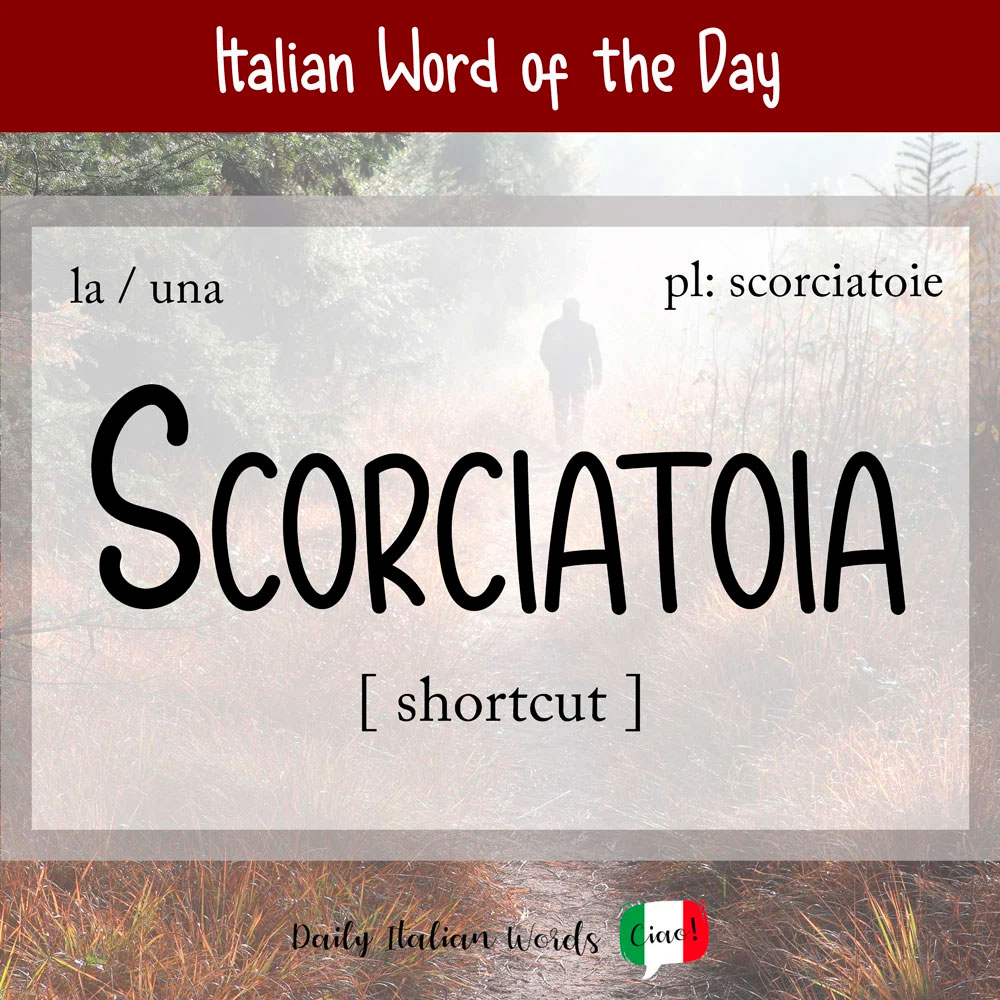Italian Word of the Day: Purtroppo (unfortunately)
Purtroppo, which is the word for unfortunately in Italian, is an adverb that derives from the union of two words: pure (which indicates something extra) and troppo (too much / too many). When joined, pure loses the final e. Originally, purtroppo had the meaning of pure se è troppo (even if it is too much) …

